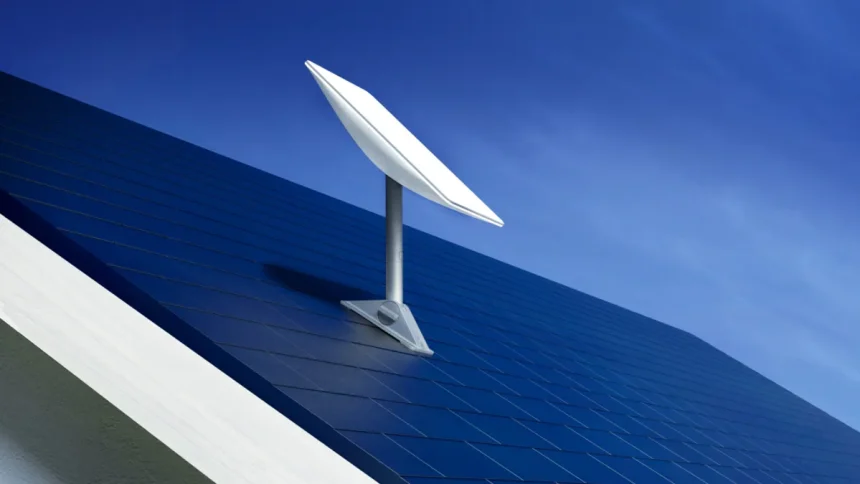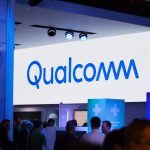Last week, Ghana’s National Communications Authority (NCA) granted the green light to Space X for use of its Starlink Internet Satellite service in the country.
Ghana becomes the 8th African nation to embrace this advanced technology, promising to improve internet access across the country.
What Is Starlink
Starlink, operated by SpaceX, is known for its constellation of low-Earth orbit satellites that provide high-speed internet services to consumers, particularly in areas where connectivity has been unreliable or completely unavailable.
The service aims to offer broadband-level speeds and has been actively expanding its coverage, including to various countries around the world. Starlink’s development began with launches in 2019, and as of early 2024, it has reached over 70 countries and has about 2 million subscribers.
How Starlink Works
Starlink consists of thousands of small satellites in low Earth orbit (LEO), which work in conjunction with ground transceivers.
The close proximity of satellites reduces latency significantly, allowing for high-speed internet that supports activities like streaming, online gaming, and video calls.

Users connect to Starlink using a small satellite dish and modem provided by SpaceX, which communicates with the overhead satellites.
Starlink’s Pricing Makes It A Non-Competitor….For Now
Many are hoping that Starlink’s presence in Ghana will stimulate competition within the telecommunications sector, potentially driving down prices and improving service quality for consumers.
Unfortunately, that won’t happen anytime soon due to Starlink’s entry price.
| Item | USD | GHC |
| Starlink Standard Kit | $599 | ~GHC 7450 |
| Starlink High Performance Kit | $2500 | ~GHC 31,250 |

Starlink’s standard kit is currently priced at $599 which prices out the average Ghanaian. When you factor in the monthly cost of $120, the cost of operating Starlink internet service will be a turn-off for most prospective users.
Once launched, it’s assumed that Starlink will reduce its subscription price to about $50 -$55 to make it a bit more affordable.
| Item | USD | GHC |
| Standard Monthly Cost | $120/$50 | ~GHC 1500/~GHC 650 |
| Priority Monthly Cost | $140/$250/$500 | ~GHC 1500/3125/6250 |
Compared to local competitors like MTN and Telecel Ghana, Starlink will still appeal more to users with higher disposable incomes.
| Carrier | Service | Average Cost of 10GB of Data |
| MTN | Mobile/Fibre Broadband | ~GHC 40 |
| Telecel | Mobile/Fibre Broadband | ~GHC 50 |
| Bluetown | Broadband | GHC 275 (Unlimited) |
| Tizeti/Ghana Wifi | Broadband | GHC 300 (Unlimited) |
| Teledata ICT | Broadband | GHC 321 (Unlimited) |
However, as the company launches more internet satellites and the cost of components becomes cheaper, Starlink’s prices are likely to come down in the long term.
Impact of Starlink
Once operational, Starlink will have an immediate impact by providing high-speed internet to remote and underserved areas, where traditional broadband services are challenging to deploy in Ghana.
Use cases for Starlink include the use by hotels for internet access as well as the use by schools in rural areas for use by its students.
There is also a possibility of potential partnerships with telecom companies to provide internet service.
Telecel Ghana (formerly Vodafone) signed an agreement with Amazon’s upcoming satellite company to provide 4G and 5G services for its users.
Even in the US, Starlink signed an agreement with telecom company T-Mobile for a satellite-to-cell service for users in the country.
As the administrative processes toward the issuance of the license are completed, all eyes will be on Ghana to see how this next chapter in connectivity unfolds.
Catch up on news and other tidbits on our WhatsApp Community Page, Twitter/X, and subscribe to our weekly newsletter to ensure you don’t miss out on any news.










